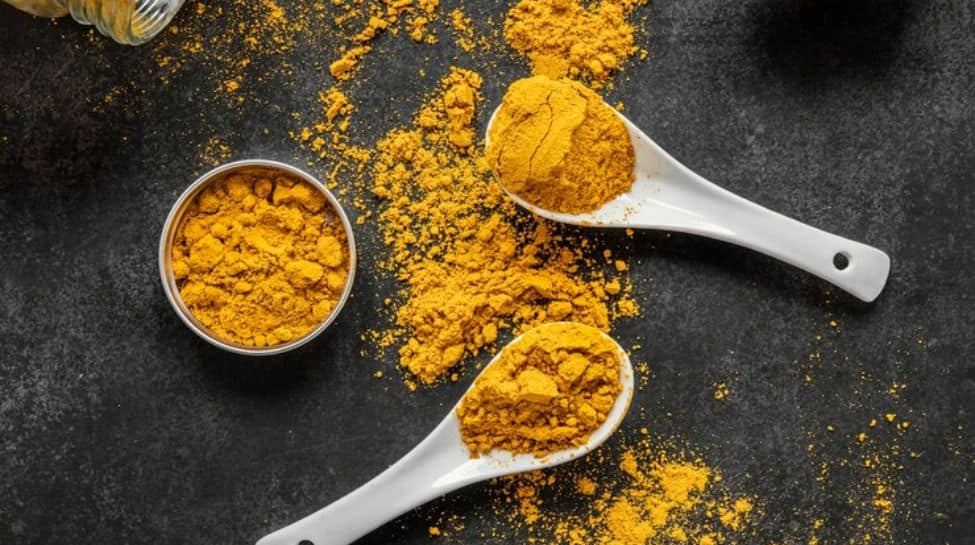Common digestive troubles such as gas, bloating, and indigestion affect many, leading people to seek natural remedies. Traditional herbs and spices, long used in kitchens worldwide, are now gaining scientific support for their benefits in promoting gut health.
Dr. Saurabh Sethi, a gastroenterologist trained at AIIMS, Harvard, and Stanford, has shared eight of his top herbal picks for improving digestion. On September 2, the Harvard-trained expert took to Instagram to suggest natural remedies for issues like gas and bloating, emphasizing that “true gut healing begins in your kitchen. Use daily, rotate weekly.”
Turmeric
Dr. Sethi advises adding turmeric to warm milk or curries to soothe the digestive system. It helps reduce gut inflammation and supports healthy bile flow.
Ginger
Known for relieving nausea and bloating, ginger also aids sluggish digestion. Dr. Sethi recommends brewing ginger tea after heavy meals for optimal effect.
Fennel Seeds
Fennel seeds are a classic remedy for gas and bloating. The doctor suggests chewing them post-meal or preparing a calming fennel tea—just as many grandmothers have done.
Cumin
Cumin promotes bile secretion and helps ease cramps related to IBS. Toasting cumin seeds and adding them to dals or vegetable stir-fries is a great way to enjoy its benefits.
Cinnamon
Cinnamon can be sprinkled over oats, added to kefir, or mixed into coffee. It helps regulate blood sugar and soothes gut motility, encouraging healthy digestion.
Peppermint
Consumed as tea or capsules, peppermint relaxes gut muscles and alleviates spasms. However, Dr. Sethi advises avoiding peppermint if you suffer from acid reflux.
Garlic
Garlic serves as a prebiotic, fostering good gut bacteria while combating harmful microbes thanks to its antibacterial, antifungal, and antiparasitic properties. Dr. Sethi notes it’s most effective when lightly crushed before cooking.
Coriander
Coriander (cilantro) helps reduce gas and bloating. It can be added to curries and salads to boost both flavor and digestive health.

